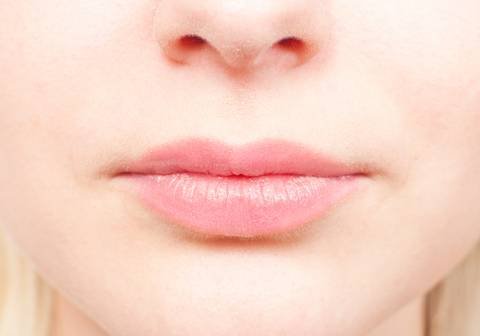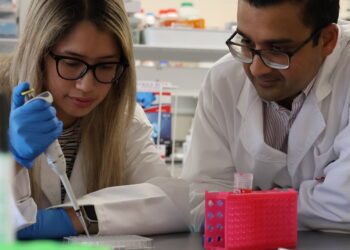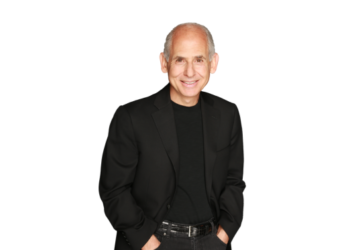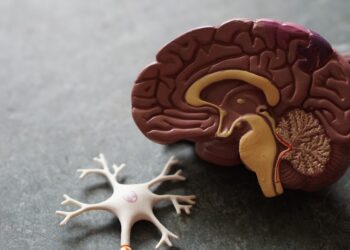 Every day, at least three Australians are being diagnosed with oral cancer. Survival rates for oral cancer remain low despite advances in treatment, and this can be attributed to late detection. Recognising the risk factors and signs of oral cancer is vital to better prognosis and outcomes.
Every day, at least three Australians are being diagnosed with oral cancer. Survival rates for oral cancer remain low despite advances in treatment, and this can be attributed to late detection. Recognising the risk factors and signs of oral cancer is vital to better prognosis and outcomes.Smoking, alcohol, poor diet, sun exposure and the human papilloma virus all contribute to a person’s risk for oral cancer.
Checking for signs of oral cancer is a part of the regular check-up procedure carried out by your dentist. A dentist is able to assess your mouth thoroughly for abnormalities, so it’s vital to visit your dentist regularly.
Risk factors for oral cancer:
- Traditionally men have been at greater risk of oral cancer than women. Smoking and alcohol are major contributing factors. More than 80% of oral cancers in Australia occur in people who smoke. Additionally, regular heavy drinking, defined as more than four standard drinks on a single occasion, increases your risk of mouth cancers.
- Extended sun exposure, without the protection of sunscreen, can cause skin cancer. Skin cancer can appear on parts of the body that are most exposed to the sun, such as your lips.
- Consuming a diet low in or with no vegetables increases your risk of oral cancer. Research has shown eating a minimum of eight serves of vegetables per week, compared to three or less, decreases the chance of mouth cancer by 50%.
- Younger people, non smokers and light alcohol consumers are also at risk of oral cancers. A major risk factor in these cases appears to be the human papilloma virus, the virus known to cause genital warts and cervical cancer.
Research suggests that the human papilloma virus transferred from the genital area to the mouth can increase the risk of oral cancer. Researchers hope that the cervical cancer vaccine may also reduce the number of oral cancers caused by the human papilloma virus.
For more information on oral cancers and looking after your mouth, visit www.oralcancerfacts.com.au



















